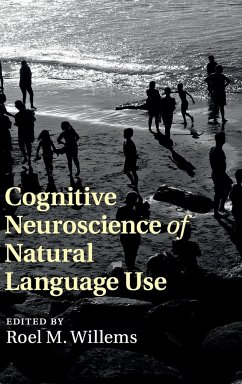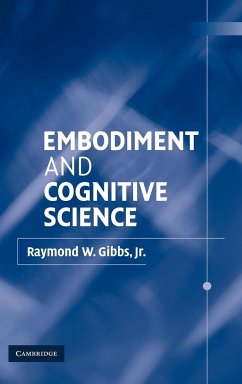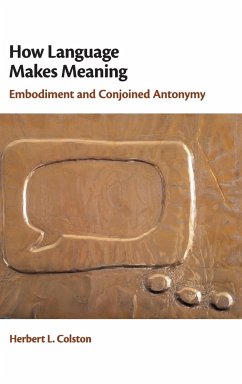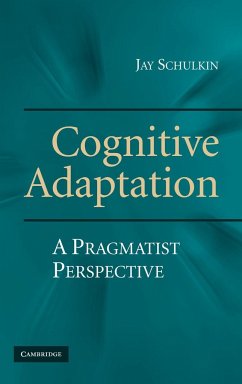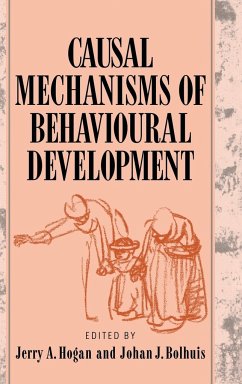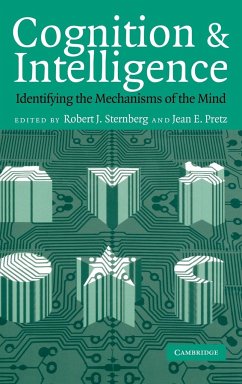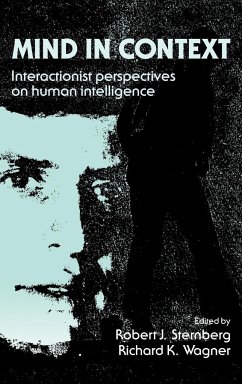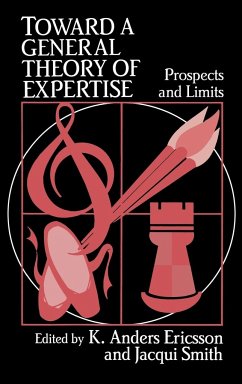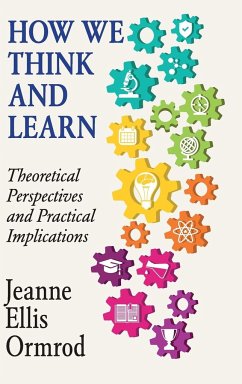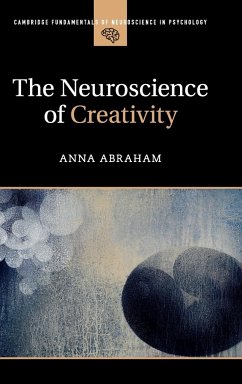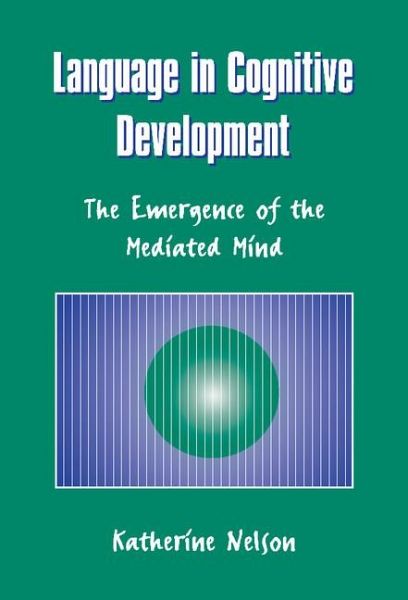
Language in Cognitive Development

PAYBACK Punkte
49 °P sammeln!
Contemporary study of language and cognition in infancy and early childhood has received considerable, well-deserved attention; however, little effort has been directed to the means by which language becomes a cognitive and communicative tool, or to what the full implications of this development may be. The child's understanding of temporal concepts and language exemplifies the transition from language and cognition to language in cognition. This book represents an integrative theory of cognitive development in infancy and early childhood, emphasizing the important role that language plays in ...
Contemporary study of language and cognition in infancy and early childhood has received considerable, well-deserved attention; however, little effort has been directed to the means by which language becomes a cognitive and communicative tool, or to what the full implications of this development may be. The child's understanding of temporal concepts and language exemplifies the transition from language and cognition to language in cognition. This book represents an integrative theory of cognitive development in infancy and early childhood, emphasizing the important role that language plays in taking the 2- to 5-year-old child to new levels of cognitive operations in memory, processing narratives, forming concepts and categories, and understanding other people's intentions. Biological evolution is discussed as the ultimate source of both language and culture, but it is argued that qualitatively different modes of thinking and knowing emerge therefrom. Aspects of cognitive organization (memory, concepts) and knowledge systems (time, psychosocial awareness) are considered within a model of collaborative construction that both retains and integrates individually and social conventionality.





